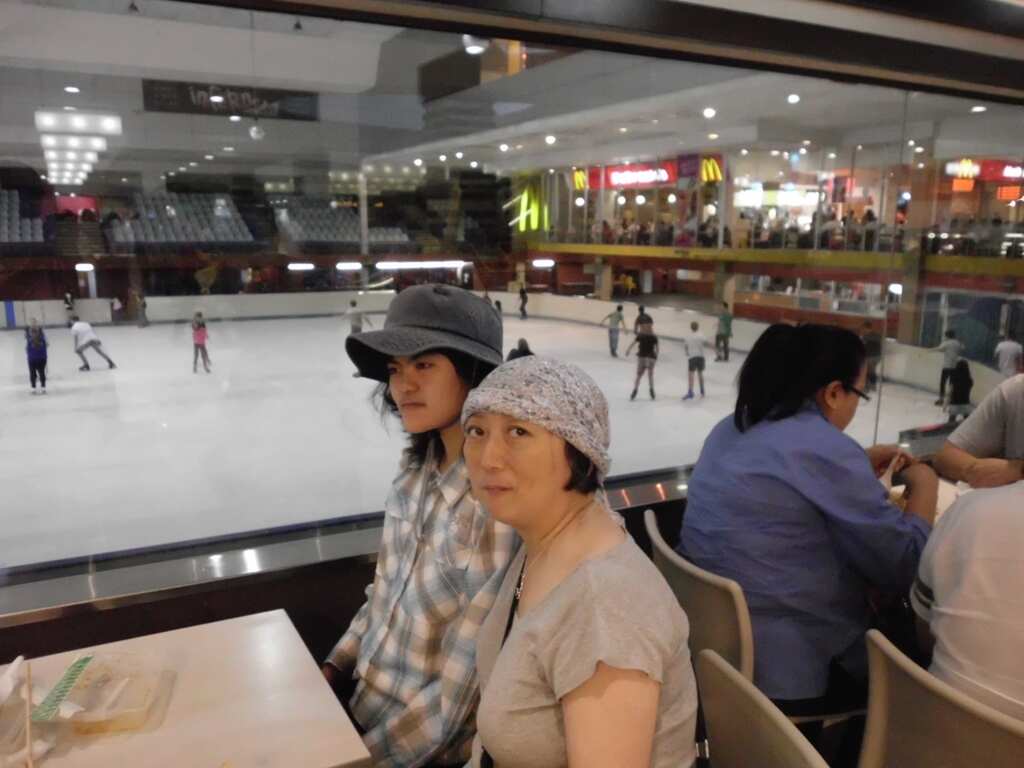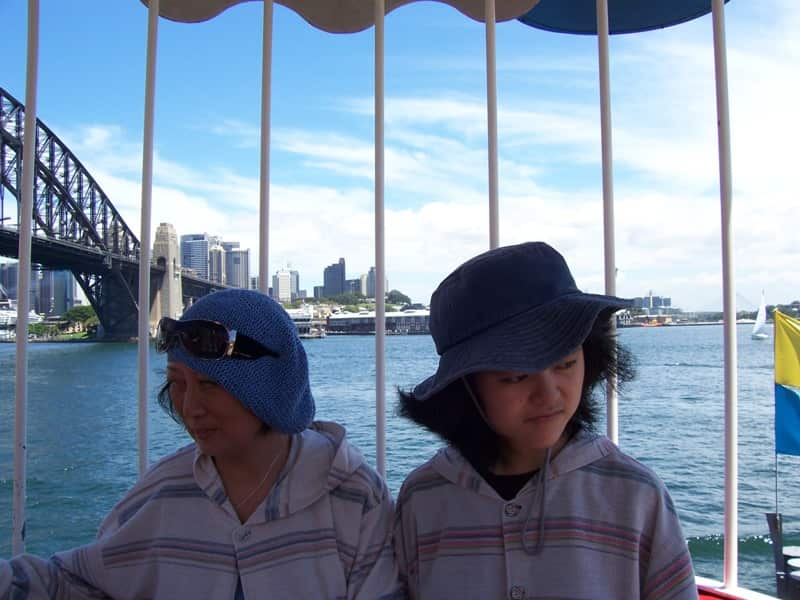Hideki Yamaguchi, chairperson of the Ryde Chinese Carers Support Group, backs the Australian Medical Association's call to ensure early diagnosis of autism.
Mr Yamaguchi, whose daughter Shoko has been diagnosed with severe congenital autism and intellectual disability, told SBS that life would have been easier if his daughter was diagnosed earlier in their country of origin - Japan.
"That’s my regret, that I couldn’t have any early intervention program [in Japan],” he said about his daughter.
"I’ve never heard of anything like that in Japan. So if it could be here earlier it would have some good chance."
Shoko needs constant two-on-one or one-on-one supervision, and he says securing respite and support services has been a constant struggle.
Mr Yamaguchi, who is also the primary carer for his wife who has advanced cancer, says being a carer is like having 10 jobs that change constantly.
The Australian Medical Association (AMA) on Tuesday made a series of recommendations to better manage Autism Spectrum Disorder (ASD).
It cited a survey by Autism Awareness Australia that found 34 per cent of families waited more than a year for diagnosis, and close to 20 per cent waited more than two years.

AMA president Dr Michael Gannon said in a statement: "There is no specific biomedical test for ASD - it cannot be diagnosed with a blood test or a scan.
The number of paediatricians, child psychiatrists, and clinical psychologists working specifically in ASD is limited, he explained, and the problem is magnified in rural and remote areas, where few, if any, clinicians can make the diagnosis.
“But early detection and diagnosis is critical, as brain plasticity – the ability of the brain to respond and remodel itself – means early intervention can make a huge difference. The earlier ASD is diagnosed, the better the outcome.”
Dr Gannon also called on the Federal Government to not narrow eligibility requirements for people with ASD to access the National Disability Insurance Scheme.

Key recommendations
- Effective and evidence-based treatments should be instituted as soon as possible to maximise the effectiveness of therapies.
- That governments, the relevant medical colleges and professional bodies ensure that there are a suitable number of clinicians and other professionals to ensure timely access to diagnostic assessment for children suspected of having ASD.
- Medical practitioners work with families and teachers who spend lengthy periods of time with a child and seek their insights and observations.
- The development of comprehensive guidelines and/or national standards for referral practices and diagnostic assessments be developed.
- There be ongoing research into the effectiveness of current and novel therapies.
- That all health professionals who interact with children be encouraged to develop and maintain their understanding of early signs and symptoms of ASD.
- The government make a strong, ongoing commitment that people who are affected by ASD will have ongoing access to support through the National Disability Insurance Scheme.
-With AAP

